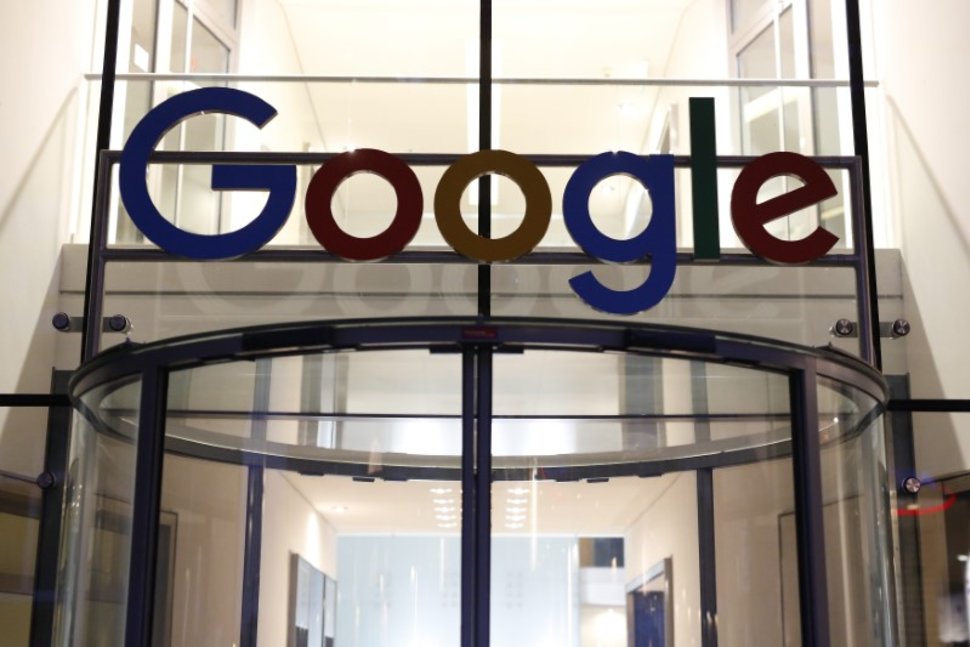San Francisco, London – As part of its constant efforts to improve “Google News”, the tech giant Google enhanced the anti-fake news feature launched in 2016. The US company running the biggest internet browser in the world said that it’s adding “fact check” labels to some of the results in its search engine.
If you search for something and a story from a credible fact-checking source like PolitiFact or Snopes comes up, it will get that label.
For those stories, the search result will show a snippet that says what the claim is about, who made the claim and who fact-checked it. For example, if you type in a stat like, “27 million people enslaved,” Google will bring up a PolitiFact story with a judgment that says the claim is “mostly true.”
In October, the search giant introduced the fact check label for Google News in a few countries. But now Google is expanding use of the tag to search, as well as Google News in every other country where it’s available
The spread of misinformation has been a high-profile problem for the world’s biggest tech companies. After Donald Trump was elected president in November, some of his detractors argued that misinformation on Facebook helped him win. Facebook has since tried to curb fake news by adding fact check labels of its own. Both Facebook and Google also amended their advertising policies to try to make sure fake news stories don’t make money.
Tech companies are under more pressure than ever to regulate the content on their sites, according to cnet. Website.
The German government recently approved a plan that would punish sites like Facebook or Twitter with fines of up to 50 million euros, or $53 million, if they fail to remove hateful postings quickly.
Justin Kosslyn, product manager for Google sister company Jigsaw, and Cong Yu, a research scientist at Google Research, said “Even though differing conclusions may be presented, we think it’s still helpful for people to understand the degree of consensus around a particular claim and have clear information on which sources agree.”
